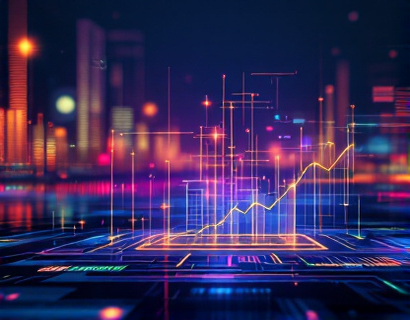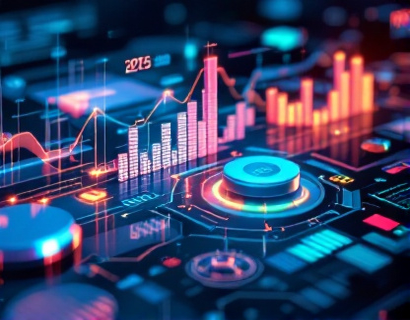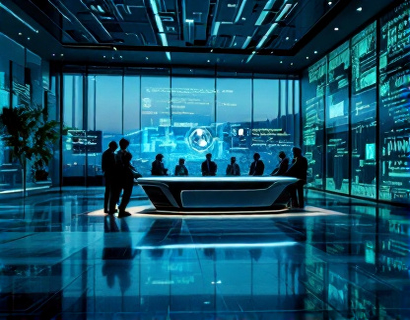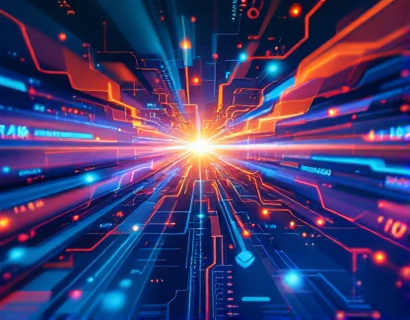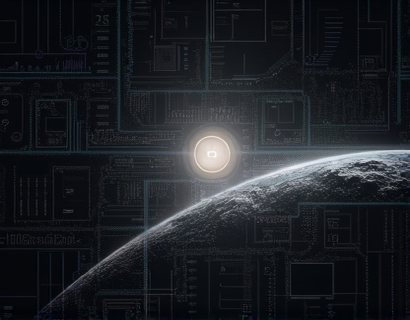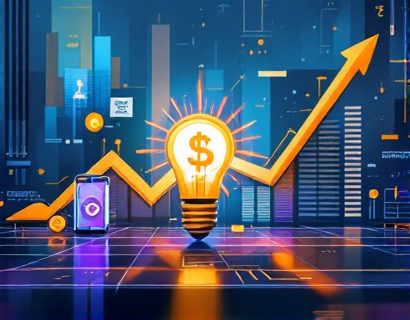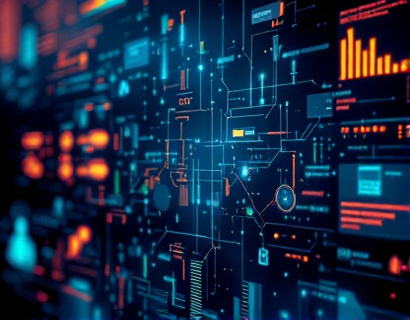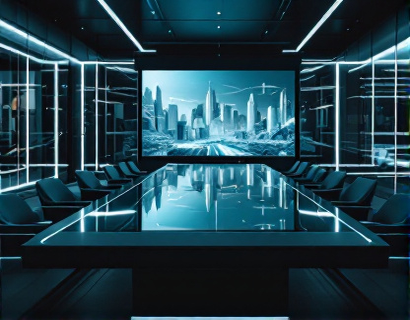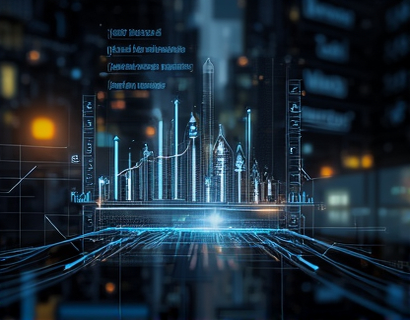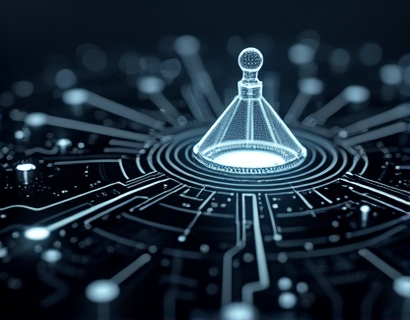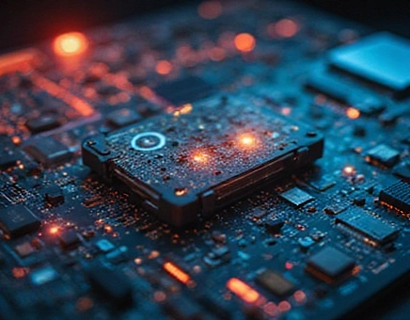Elevate Restaurant Efficiency: Expert Management Software for Streamlined Operations and Enhanced Customer Experiences
In the fast-paced world of the restaurant industry, efficiency and customer satisfaction are paramount. Restaurant owners and managers are constantly seeking innovative solutions to optimize operations and enhance the dining experience. One of the most effective ways to achieve these goals is through the implementation of expert management software designed specifically for restaurants. This article explores how such software can streamline workflows, improve communication, and ultimately elevate the overall restaurant experience.
The Importance of Restaurant Management Software
Restaurant management software serves as a comprehensive tool that integrates various aspects of restaurant operations. From inventory management to staff scheduling, and from customer relationship management to point-of-sale systems, this software provides a centralized platform for managing all facets of a restaurant. By utilizing management software, restaurant owners can gain valuable insights into their operations, identify areas for improvement, and make data-driven decisions that enhance efficiency and customer satisfaction.
Streamlining Internal Operations
One of the primary benefits of restaurant management software is its ability to streamline internal operations. This includes automating routine tasks, reducing manual errors, and improving overall workflow. Here are some key areas where management software can make a significant impact:
1. Inventory Management
Effective inventory management is crucial for any restaurant. Management software allows restaurant owners to track inventory levels in real-time, set reorder alerts, and analyze usage patterns. This not only helps in reducing food waste but also ensures that popular menu items are always available, enhancing customer satisfaction.
2. Staff Scheduling
Managing staff schedules can be a daunting task, especially in a busy restaurant environment. Management software simplifies this process by allowing managers to create and modify schedules easily. Employees can also access their schedules online, reducing confusion and ensuring that shifts are filled efficiently. This leads to better staff morale and improved service quality.
3. Order Management
With the rise of online ordering and delivery services, efficient order management has become essential. Management software enables restaurants to consolidate orders from various channels, ensuring that the kitchen is well-informed and can prepare meals promptly. This reduces wait times for customers and enhances their overall dining experience.
4. Financial Management
Keeping track of finances is critical for any restaurant's success. Management software provides tools for budgeting, expense tracking, and financial reporting. By having a clear view of financial performance, restaurant owners can make informed decisions about pricing, promotions, and cost-cutting measures.
Enhancing Customer Experiences
While streamlining internal operations is vital, enhancing customer experiences is equally important. Management software plays a crucial role in ensuring that customers receive exceptional service from the moment they enter the restaurant until they leave. Here are some ways management software can enhance customer experiences:
1. Reservation Management
Efficient reservation management is essential for restaurants, especially during peak hours. Management software allows customers to make reservations online, reducing wait times and ensuring that tables are available when needed. Additionally, it enables staff to manage reservations effectively, accommodating special requests and preferences.
2. Customer Relationship Management (CRM)
Understanding customer preferences and behaviors is key to providing personalized service. Management software often includes CRM features that allow restaurants to collect and analyze customer data. This information can be used to tailor marketing efforts, create loyalty programs, and enhance the overall dining experience.
3. Feedback and Reviews
Customer feedback is invaluable for continuous improvement. Management software can facilitate the collection of customer reviews and feedback through various channels, including surveys and social media. By analyzing this feedback, restaurant owners can identify areas for improvement and make necessary adjustments to enhance customer satisfaction.
Improving Communication
Effective communication is the backbone of any successful restaurant. Management software enhances communication between staff members, management, and customers. Here’s how:
1. Internal Communication
Management software often includes messaging features that allow staff to communicate in real-time. This is particularly useful for coordinating tasks during busy service periods. By improving internal communication, restaurants can ensure that everyone is on the same page, leading to smoother operations and better service.
2. Customer Communication
Management software can also facilitate communication with customers. Automated messaging systems can send order confirmations, reminders for reservations, and follow-up messages after dining. This not only keeps customers informed but also fosters a sense of connection and engagement.
Data-Driven Decision Making
In today’s data-driven world, making informed decisions is crucial for success. Management software provides restaurant owners with access to valuable data and analytics that can guide decision-making processes. Here are some key areas where data can drive improvements:
1. Sales Analysis
Management software can track sales data in real-time, allowing restaurant owners to identify trends and patterns. By analyzing sales performance, owners can determine which menu items are most popular, which times of day are busiest, and how promotions impact sales. This information can inform menu adjustments and marketing strategies.
2. Customer Insights
Understanding customer preferences is essential for tailoring offerings. Management software can analyze customer data to reveal insights into dining habits, preferences, and feedback. This information can be used to create targeted marketing campaigns and improve menu offerings, ultimately enhancing customer satisfaction.
3. Operational Efficiency
Data analytics can also highlight inefficiencies in operations. By tracking key performance indicators (KPIs), restaurant owners can identify bottlenecks in service, areas of excessive waste, and opportunities for cost savings. This data-driven approach allows for continuous improvement and optimization of restaurant operations.
Choosing the Right Management Software
With numerous management software options available, choosing the right one for your restaurant can be challenging. Here are some factors to consider when selecting management software:
1. Features and Functionality
Evaluate the features offered by different software solutions. Look for software that includes essential functionalities such as inventory management, staff scheduling, order management, and CRM capabilities. Ensure that the software aligns with your restaurant's specific needs and goals.
2. User-Friendliness
The software should be intuitive and easy to use for both management and staff. A user-friendly interface reduces the learning curve and ensures that employees can quickly adapt to the new system.
3. Integration Capabilities
Consider whether the management software can integrate with other tools and systems you currently use, such as accounting software, payment processors, and online ordering platforms. Seamless integration can enhance efficiency and reduce the need for manual data entry.
4. Customer Support
Reliable customer support is essential when implementing new software. Look for providers that offer comprehensive support, including training resources, troubleshooting assistance, and ongoing maintenance.
Conclusion
In the competitive restaurant industry, elevating efficiency and enhancing customer experiences are critical for success. Expert management software provides restaurant owners and managers with the tools they need to streamline operations, improve communication, and make data-driven decisions. By investing in the right management software, restaurants can optimize workflows, reduce costs, and ultimately deliver exceptional dining experiences that keep customers coming back. As the industry continues to evolve, embracing technology will be key to staying ahead of the competition and achieving long-term success.




